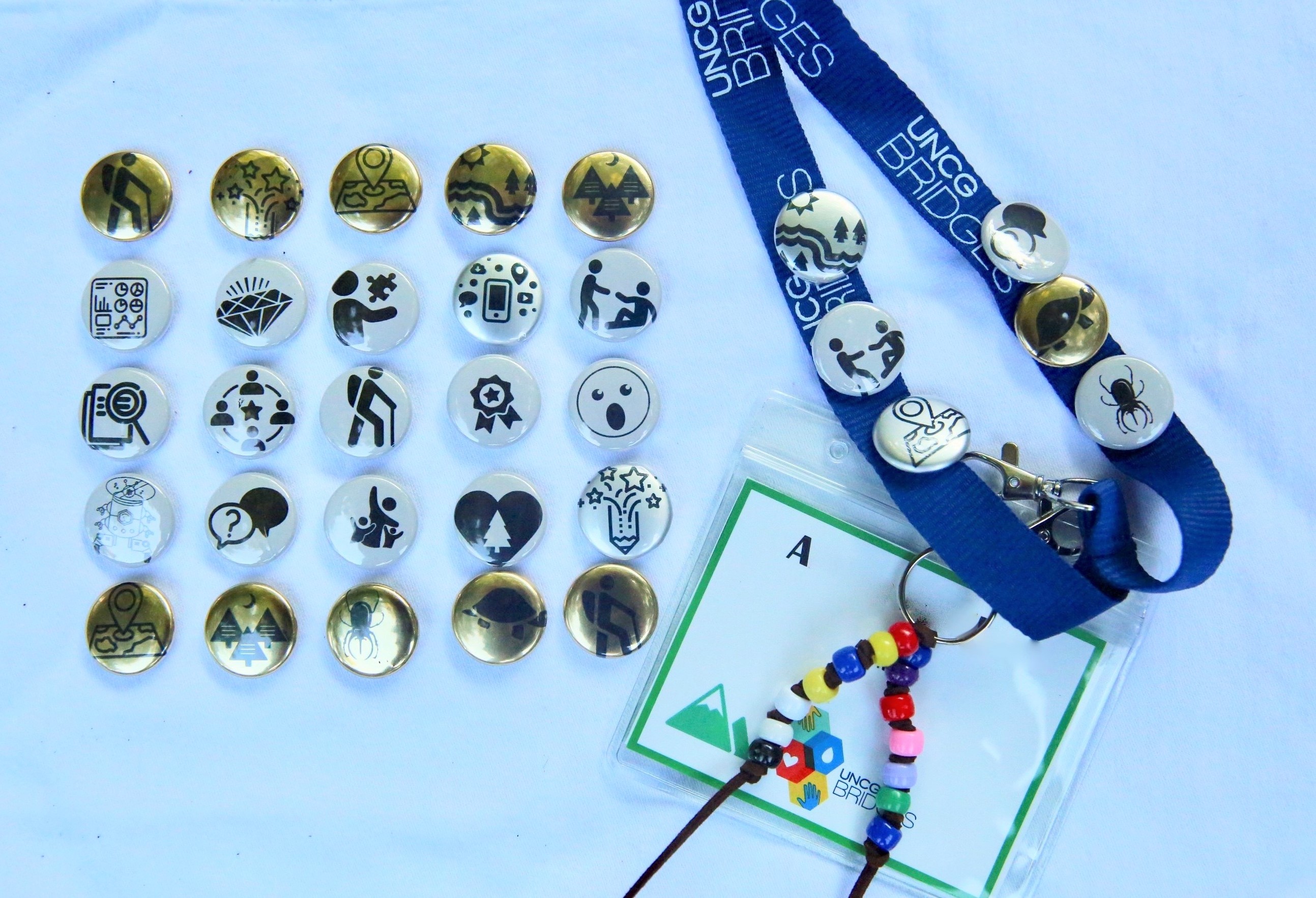Archive: Science Update: Protecting the Elusive & Endangered Hawaiian False Killer Whale, December 2, 2021
False killer whales live throughout the world, but the ones found in the Hawaiian Archipelago are some of the most-studied—and rarest—marine animals. In this Science Update, learn about this species in general and get to know the main Hawaiian Islands insular false killer whale—an island-associated population that is genetically, behaviorally, ecologically, and culturally unique—and why they are endangered.
False killer whales live throughout the world, but the ones found in the Hawaiian Archipelago are some of the most-studied—and rarest—marine animals. In this Science Update, learn about this species in general and get to know the main Hawaiian Islands insular false killer whale—an island-associated population that is genetically, behaviorally, ecologically, and culturally unique—and why they are endangered.
False killer whales live throughout the world, but the ones found in the Hawaiian Archipelago are some of the most-studied—and rarest—marine animals. In this Science Update, learn about this species in general and get to know the main Hawaiian Islands insular false killer whale—an island-associated population that is genetically, behaviorally, ecologically, and culturally unique—and why they are endangered.
False killer whales live throughout the world, but the ones found in the Hawaiian Archipelago are some of the most-studied—and rarest—marine animals. In this Science Update, learn about this species in general and get to know the main Hawaiian Islands insular false killer whale—an island-associated population that is genetically, behaviorally, ecologically, and culturally unique—and why they are endangered.





